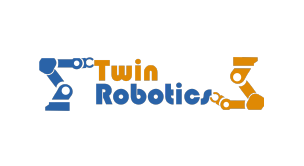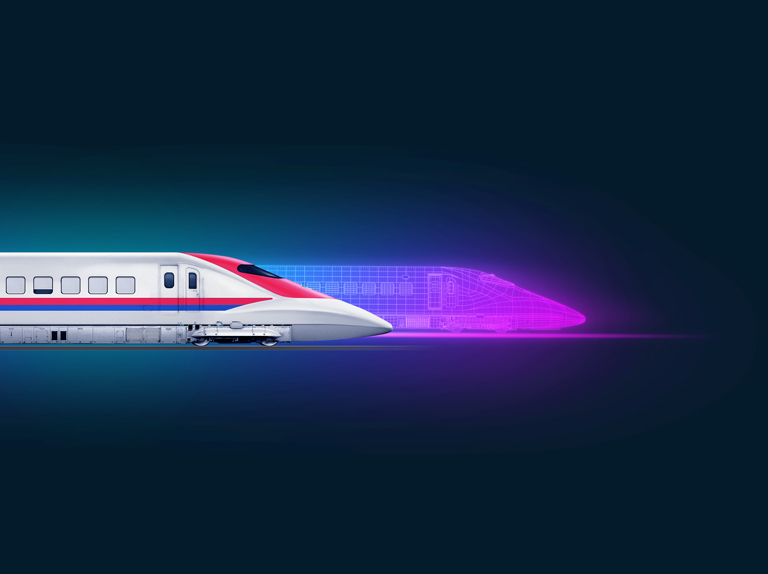Company profile
Électricité de France S.A, commonly known as EDF, is a French multinational electric utility company, largely owned by the French state.
At the heart of EDF Group’s major challenges R&D department is present. It covers all trades and activities of the energy sector complying with modern digital transformation trends.
To succeed in the energy transition, more than 2,000 EDF’s R&D division employees (representing 27 nationalities) are currently working on many different projects designed simultaneously to deliver low-carbon power generation, smarter energy transmission grids and more responsible energy consumption. The missions of EDF’s R&D are structured around 4 key priorities:
- developing and testing new energy services for customers
- preparing the electrical systems and grids of tomorrow
- consolidating and developing competitive, low-carbon energy generation mixes
- supporting EDF’s Group international development
Business challenge
SALOME is an open-source platform, developed jointly with EDF, CEA, Open Cascade and a number of other industrial and academic partners. This is an environment dedicated to modelling of industrial structures (CAO) and multi-physic calculations as well as -pre and post processing platform based on which simulation solutions can be built.
One of these solutions is salome_meca – a standalone independent application – dedicated to numerical simulation in mechanics, which offers a full range of multi-physical analysis and modelling methods. This application consists of SALOME platform’s pre and post processing algorithms, code_aster – a free solver for numerical simulation in structural mechanics, mainly developed by the “Electrotechnics and Structural Mechanics” EDF R&D department‘s sub-division as well as additional modules and plugins. To ensure seamless integration between SALOME platform and code_aster solver as well as smooth pre and post processed data interchange, a specific integration component is required. Previously, EFICAS module was used as an interlink between SALOME platform and code_aster solver, however due to low installation performance and inconvenience it was decided to replace it by a new technology.

Technology solution:
Open Cascade developed the new module AsterStudy which has become the integration link between salome_meca and code_aster solver which is responsible for data settings and launching of code_aster calculations. Now, thanks to a strong link to the mesh, all operations related to finite element computations and results viewing are automatically performed and graphically realized in an interactive way. The major achievement is the significant simplification of study cases which are now presented in a few simple steps:
- Automated import of mesh files from SALOME
- Visualization of mesh in the viewer
- Conditions setting and specification
- The results are presented in a graphical interface
Open Cascade’s contribution made it easier the coupling between code_aster and other SALOME’s components:
- Preparation and running of command files for code_aster
- Generation of UIs from commands’ code_aster definitions
- Launch and monitoring of advancement of computations
- Development of a framework to create computation wizards
- Interface with Open Turns
Business value:
Due to the new integration module, the ergonomics, productivity and quality of studies were significantly optimized. Considerable time-saving is observed due to automation of specific processes. The visual representation of computational results gives additional value for the right interpretation of the numerical data.
We particularly appreciated the commitment and care given by Open Cascade people to development work. All this made it possible to quickly have a functional and very robust application, robustness which lasted throughout the project, which was a guarantee of success in a context where EDF was also participating in the development of certain building blocks of the project.
Finally, we also appreciated the availability of the project team, especially at the beginning of the project to help us finalize the design of the application around brainstorming sessions.”
Thomas DE SOZA
Chef de projet – Plateforme de Simulation en Mécanique
EDF – R&D

Open Cascade develops CAD and graphic kernel for Twin Robotics AppRob platform — the new generation of robotics software that combine several digital twins to simulate a maximum of sub-systems.

SHI chose Open Cascade for the internal development of a software to aggregate industrial 3D data in JT format with the visualization and advanced management capability.

Development of a semi-automatic graphic preprocessor to meet the specifications imposed by the computational fluid dynamics solver used at BMW.


